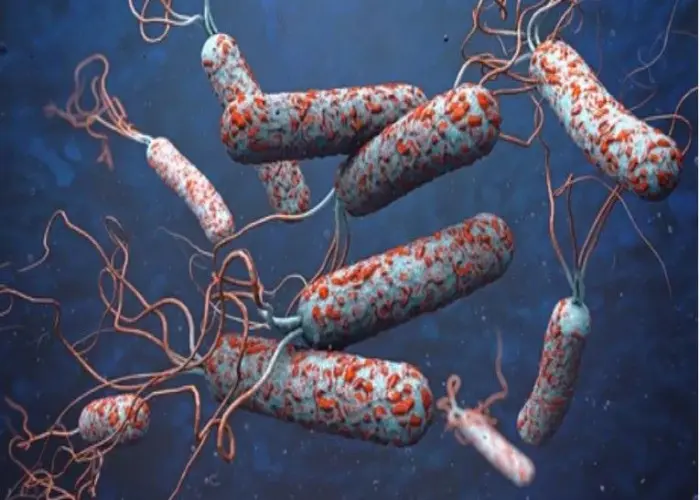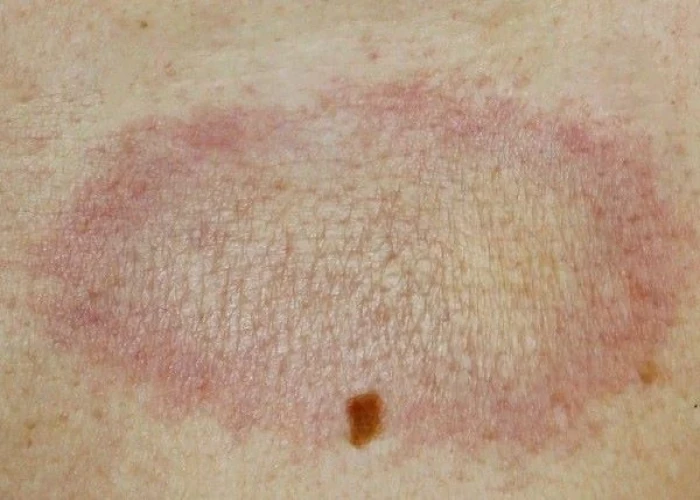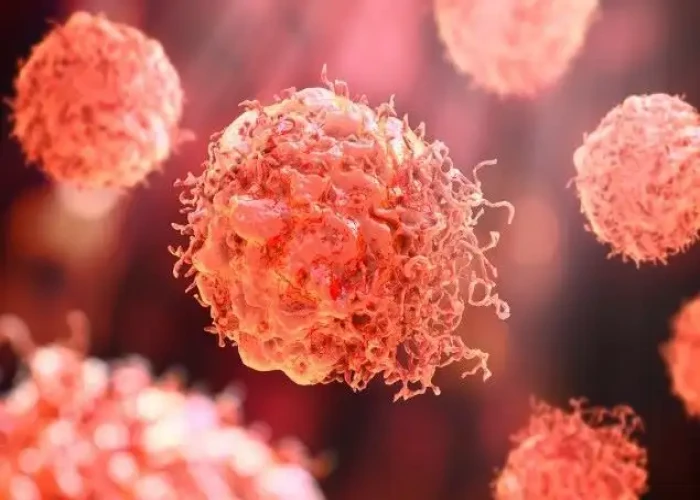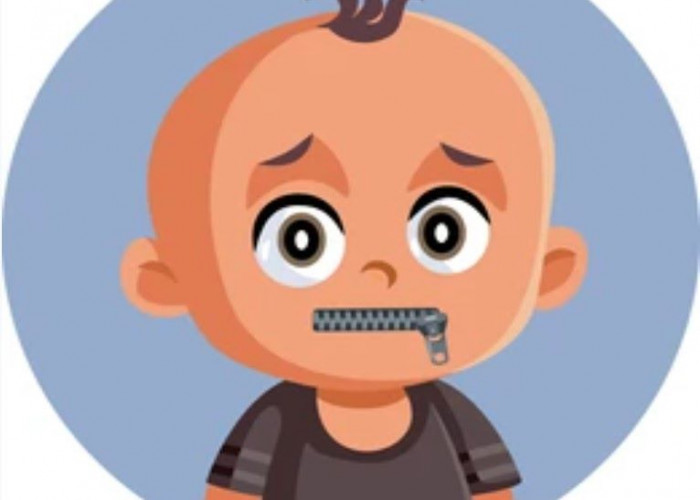 Welcome
Welcome
“May all be happy, may all be healed, may all be at peace and may no one ever suffer."
Childhood apraxia of speech

Childhood apraxia of speech (CAS) is a neurological speech disorder in which a child has difficulty planning and coordinating the movements necessary for speech. Children with CAS may have trouble making speech sounds or using language in a meaningful way, even though they may not have any physical or cognitive impairment. The cause of CAS is not well understood, and there is no cure for the disorder. Treatment typically involves speech therapy with a trained professional to help the child develop the skills and strategies needed to improve their speech and language abilities.
Research Papers
Disease Signs and Symptoms
- Speech problems
- Using equal emphasis on all syllables, such as saying "BUH-NAN-UH"
- Separation of syllables, such as putting a pause or gap between syllables
- Inconsistency, such as making different errors when trying to say the same word a second time
- Difficulty imitating simple words
- Inconsistent voicing errors, such as saying "down" instead of "town"
- Speaking first words late (after ages 12 to 18 months old)
- Using a limited number of consonants and vowels
- Frequently leaving out (omitting) sounds
- Using the wrong stress in a word, such as pronouncing "banana" as "BUH-nan-uh" instead of "buh-NAN-uh"
- Vowel distortions, such as attempting to use the correct vowel, but saying it incorrectly
- A limited number of spoken words
- The ability to form only a few consonant or vowel sounds
- These symptoms are usually noticed between ages 18 months and 2 years.
- Vowel and consonant distortions
- Separation of syllables in or between words
- Voicing errors, such as "pie" sounding like "bye"
- Many children with CAS also have language problems, such as reduced vocabulary or difficulty with word order.
- Difficulty moving smoothly from one sound, syllable or word to another
- Rapid speech that is difficult to understand
Disease Causes
Childhood apraxia of speech
Childhood apraxia of speech (CAS) has a number of possible causes, but in many cases a cause can't be determined. Doctors often don't observe a problem in the brain of a child with CAS.
CAS may be the result of brain (neurological) conditions or injury, such as a stroke, infections or traumatic brain injury.
CAS may also occur as a symptom of a genetic disorder, syndrome or metabolic condition. For example, CAS occurs more frequently in children with galactosemia.
CAS is sometimes referred to as developmental apraxia. However, children with CAS don't necessarily grow out of CAS as they develop. In many children with delayed speech or developmental disorders, children follow usual patterns in development of speech and sounds, but they develop more slowly than usual.
Children with CAS don't make typical developmental sound errors. They need speech therapy to make maximum progress.
Disease Prevents
Childhood apraxia of speech
Diagnosing and treating childhood apraxia of speech at an early stage may reduce the risk of long-term persistence of the problem. If your child experiences speech problems, it's a good idea to have a speech-language pathologist evaluate your child as soon as you notice any speech problems.
Disease Treatments
Speech-language pathologists may treat childhood apraxia of speech (CAS) with many therapies.
Speech therapy
Your child's speech-language pathologist will usually provide therapy that focuses on practicing syllables, words and phrases.
When CAS is relatively severe, your child may need frequent speech therapy, three to five times a week. As your child improves, the frequency of speech therapy may be reduced.
Children with CAS generally benefit from individual therapy. Individual therapy allows your child to have more time to practice speech during each session.
It's important that children with CAS get a significant amount of practice saying words and phrases during each speech therapy session. Learning to say words or phrases takes children with CAS time and practice.
Because children with CAS have difficulties planning movements for speech, speech therapy often focuses your child's attention to the sound and feel of speech movements.
Speech-language pathologists may use different types of cues in speech therapy. For example, your child's speech-language pathologist may ask your child to listen carefully and watch him or her form the target word or phrase with his or her mouth.
Your child's speech-language pathologist also may touch your child's face as he or she makes certain sounds or syllables. For example, your child's speech-language pathologist may use his or her hands to help your child round his or her lips to say "oo."
No single speech therapy approach has been shown to be most effective for treating CAS. But, some important general principles of speech therapy for CAS include:
- Speech drills. Your child's speech-language therapist will focus on speech drills, such as asking your child to say words or phrases many times during a therapy session.
- Sound and movement exercises. Your child will be asked to listen to the speech-language pathologist and to watch his or her mouth as he or she says the target word or phrase. By watching the speech-language pathologist's mouth, your child also sees the movements that go along with the sounds.
- Speaking practice. Your child will most likely practice syllables, words or phrases, rather than isolated sounds, during speech therapy. Children with CAS need practice making the movements from one sound to another.
- Vowel practice. Because many children with CAS distort vowel sounds, your child's speech-language pathologist may choose words for your child to practice that contain vowels in different types of syllables. For example, your child may be asked to say "hi," "mine" and "bite," or "out," "down" and "house."
- Paced learning. If your child has severe CAS, your child's speech-language pathologist may use a small set of practice words at first, and gradually increase the number of words for practice as your child improves.
Disease Diagnoses
Disease Allopathic Generics
Disease Ayurvedic Generics
Disease Homeopathic Generics
Disease yoga
Childhood apraxia of speech and Learn More about Diseases

Cholera

Morphea

Pericardial effusion

Adult attention-deficit/hyperactivity disorder (ADHD)

Dysentery

Malignant hyperthermia

Sarcoma

Stomach cancer
Childhood apraxia of speech, Apraxia of speech, Verbal apraxia, শৈশব অ্যাপ্রেক্সিয়া অব স্পিচ, চাইল্ড অ্যাপ্রেক্সিয়া অব স্পিচ
To be happy, beautiful, healthy, wealthy, hale and long-lived stay with DM3S.
